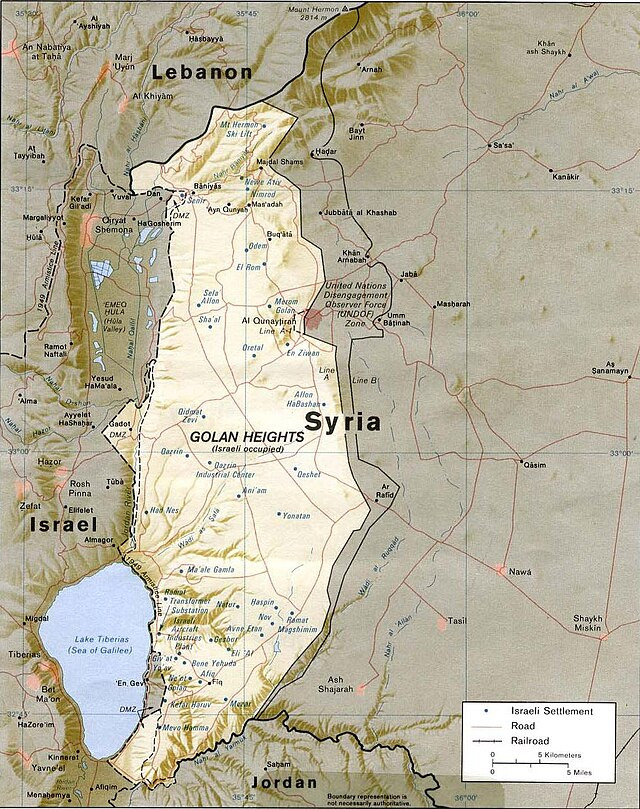Israel has moved swiftly to secure its borders in the wake of the dramatic collapse of Bashar al-Assad's regime in Syria. Prime Minister Benjamin Netanyahu confirmed on Monday that the Israel Defense Forces (IDF) have taken temporary control of the demilitarized buffer zone in the Golan Heights. The decision comes amid regional uncertainty following Assad's ousting and concerns over potential threats from the new power dynamics in Syria.
Netanyahu described the move as a necessary defensive measure. "We will not allow any hostile force to establish itself on our border," he said, addressing the heightened tensions in the region. The prime minister also characterized the fall of the Assad regime as both a "historic day in the Middle East" and a moment fraught with risks.
The IDF's advance into the buffer zone, established under the 1974 Separation of Forces Agreement, follows reports of Syrian troops abandoning their positions in Quneitra province over the weekend. The United Nations Disengagement Observer Force (UNDOF), tasked with monitoring the buffer zone, is now working under rapidly shifting conditions.
Israel has further bolstered its actions with targeted airstrikes on strategic Syrian military installations, including chemical weapons facilities and missile depots. Foreign Minister Gideon Saar emphasized that these strikes aim to prevent advanced weaponry from falling into hostile hands. "The only interest we have is the security of Israel and its citizens," Saar stated.
The collapse of Assad's regime has reverberated across the region, raising concerns over the distribution of power among rival factions in Syria. Abu Mohammed al-Jolani, the leader of the Islamist Hayat Tahrir al-Sham (HTS) group, has emerged as a prominent figure in the rebel coalition. Addressing a crowd at Damascus's historic Umayyad Mosque, Jolani called the regime's fall a "great victory" and urged for unity in the task of rebuilding Syria.
However, the shifting power dynamics have sparked concerns for Israel and other regional actors. Iran, a longtime supporter of Assad, has sought to maintain its influence by opening dialogue with Syria's new leaders. Simultaneously, Turkey and the United States have launched military operations to protect their respective interests, further complicating the region's fragile stability.
Amid these developments, Israeli forces have enhanced fortifications along the Golan Heights border, removing landmines and constructing new barriers. Defense Minister Israel Katz noted the importance of maintaining a limited ground presence in Syria, describing it as "a very limited and temporary step for security reasons."
The United States has also expressed its concerns over the situation, with President Joe Biden describing Syria's transition as "a period of risk and uncertainty." Biden emphasized the need for international cooperation to prevent extremist groups from exploiting the chaos.
The collapse of the Assad regime has ended over five decades of authoritarian rule but left Syria grappling with an uncertain future. The humanitarian crisis, economic devastation, and fractured political landscape pose monumental challenges for the country's new leaders. Experts warn that rebuilding Syria will require significant international support, including billions in aid and careful coordination among global powers.




